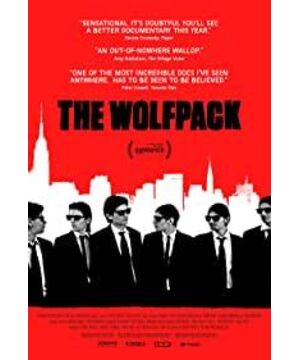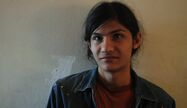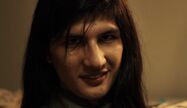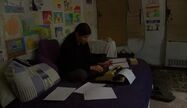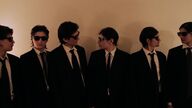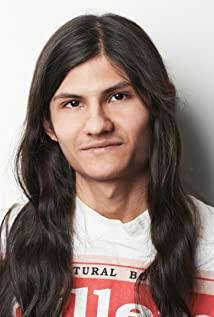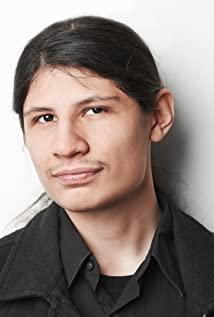As a documentary, it can be said to show this closed fringe family without reservation, but in my opinion, there are still many neglected emotions worthy of scrutiny.
I really want to talk about the father I felt in the film. I have seen many comments saying that this is a "dictator." The practice of raising children in captivity (in fact, to a large extent, has gone beyond the scope of “captive”) is really undesirable, and it is unimaginable to put it in any family. However, it is precisely because of such a "dictator" father that the twisted freedom of this family is so unique. It's a pity that the film is really scribbled about his father's record.
It must be admitted that my father's confession in the film somewhat "convinced" me and made me want to look at the family from the perspective of my father. It can be said that he is the only person in the family who lives in reality, but must bow to reality. He is a person who wanders in reality and dreams every day. In other words, the father is the most marginal person in the whole family. Once he was also a person who hoped to make a fortune in New York, and then went to Scandinavia with his wife who was as full of expectations as him. However, the poor hippies are ultimately defeated by the material. Weary, put-upon middle-aged man, this description is also just right for the father. (So, can Northern Europe still be our end of death?) The
biggest mistake of my father is that he didn't realize that his dream was shattered. He is still struggling, trying to build a utopian world of his own, but also hoping to trap his family in it. When the child is older, this homemade placebo has no effect. Conflicts on all fronts are becoming more and more obvious, and disappointment circulates with failure.
What I find most interesting is that in such a captive environment, the worldview constructed by the brothers through movies seems to be connected with the real society. So in my opinion, environmental closure is the biggest obstacle to imprisonment, but it is by no means an excuse. "Wolves" happens to be the best example. With a collection of approximately 5000 movies, it is truly breathtaking. With easy-to-use lines and enough independent thinking ability, these two brothers realize that the few benefits they get are precisely the skills that most ordinary people (especially me) are difficult to master and want to possess.
When I was in class, I discussed with foreigners that "communicantion is kind of obligation". When watching "Wolf Pack", I felt that my brothers were in the opposite state of themselves, but most of the time they were suffering with the same value. As the brothers said, the movie created a world of their own for them. What they fear should be that when they step out of the house, the world constructed by the movie will lose all the order it should have? The shooting of the documentary provided an outlet for them to talk. What happened after that? Those social barriers cannot be solved by a documentary. After all, life is to be touched by oneself, not to be complete by relying on the screen of the movie.
Seeing my brothers walking on the street a little awkwardly, I thought: What a pity. But who is to blame?
I really want to watch the sequel, and feel that the mood changes of the brothers who walked out of the Lower East Side are more worth tracking and cruel.
View more about The Wolfpack reviews


